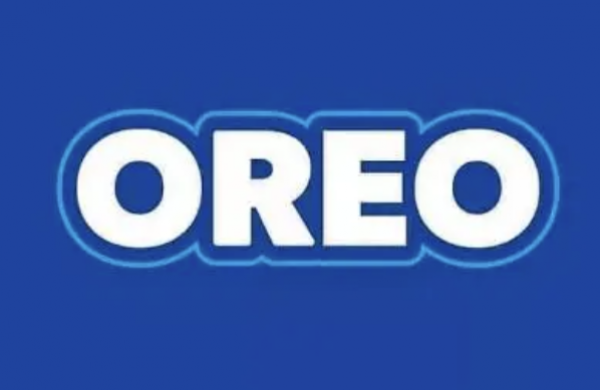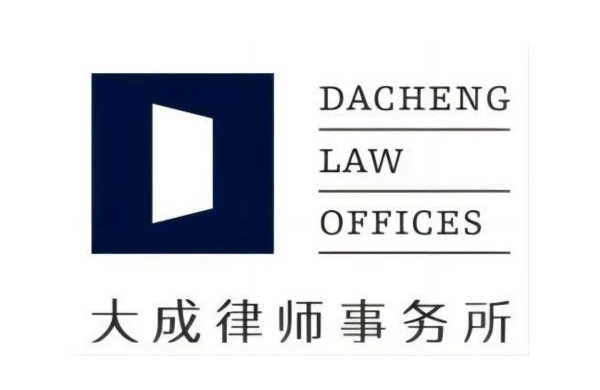Did not receive verification mail? Please confirm whether the mailbox is correct or not Re send mail

IPR Daily
- 2022-03-21 10:49:00
As "Great Resignation" Continues, ITC Deserves A Closer Look from Trade Secret Owners
there is an imported product;
the importation or sale of the product arises from an unfair act or method of competition (i.e. trade secret misappropriation);
there is a US industry that would be destroyed, substantially injured, or prevented from forming as a result of the unfair act; and
a specific injury (or threat) to the domestic industry
the existence of a process that is protectable as a trade secret;
that the complainant is the owner of the trade secret;
that the complainant disclosed the trade secret to respondent while in a confidential relationship or that the respondent wrongfully took the trade secret by unfair means; and
that the respondent has used or disclosed the trade secret causing injury to the complainant.
As the so-called “Great Resignation” continues into 2022, record numbers of employees have left their jobs and relocated to new positions. Undoubtedly, some of those employees have, or will be, taking valuable trade secrets with them. The International Trade Commission (ITC) has seen an uptick in trade secret claims over the course of the covid-19 pandemic, and it is probable that the ITC will continue to see increased trade secret claim traffic as employee mobility persists.
Although it is generally thought of as a forum for patent disputes, the ITC also exercises jurisdiction over “unfair acts” constituting trade secret misappropriation. A complainant to a trade secret-based investigation at the ITC must make a threshold showing that:
A “single federal standard” applies to trade secret investigations in the ITC (not the law of individual states), and the elements for trade secret misappropriation at the ITC are:
Compared to patent infringement, the ITC entertains relatively few trade secret misappropriation investigations on an annual basis. However, the number of purely trade secret investigations at the ITC has increased markedly over the course of the pandemic. In 2018, the ITC reported that it undertook a total of two purely trade secrets investigations. In 2019, the year leading up to the beginning of the covid pandemic, the ITC undertook four purely trade secret investigations. In 2020, that number increased to five investigations, and in 2021 the ITC reported a total of nine purely trade secret investigations—a 225% increase from 2019.
The increase in ITC trade secret misappropriation investigations during the pandemic may be explained by increased employee mobility in the Great Resignation. According to data provided by the Bureau of Labor Statistics, an average of more than 3.95 million workers quit their jobs each month in 2021, making 2021 the quitting high-point since the Bureau began compiling statistics in 2000. The number of employees quitting their jobs also generally increased over the course of 2021, from 3.3 million in January to 4.3 million in December.
Further, there are signs that the Great Resignation is not limited to the United States. Western Europe has seen a shortfall in job seekers in IT and digital industries over the course of the pandemic, with the UK reporting record job vacancies and Germany reporting a dearth of skilled workers. China has also expressed concern over shortages of skilled workers, as the government seeks to develop its high tech industries. A survey of the global workforce found that 41% of employees are considering leaving their current employer. Given these trends, it is very possible that workers will continue to resign in increasing numbers in 2022.
Increased employee mobility now and in the future may subject employers to an increased risk of trade secret misappropriation as their employees shift roles to competitors and take trade secrets with them, whether in the United States or abroad. After all, the majority of trade secret misappropriation disputes involve a current or former employee of the trade secret owner.
The ITC presents an appealing forum for employers facing trade secret misappropriation related to imported products. For example, the ITC’s jurisdiction extends over misappropriation of trade secrets occurring either within the United States or entirely abroad, unlike traditional trade secret actions brought in state or federal court. Further, an ITC investigation offers the benefit of speed—on average, the ITC reaches a disposition on the merits within 15-18 months. A successful claimant in an ITC trade secret misappropriation investigation may also be able to secure an exclusion order that can be enforced to block a misappropriated product at all ports of entry into the United States, and potentially a cease-and-desist order to prevent further sales of the accused products. And unlike patent cases before the ITC, a victory at the ITC for a trade secret claim may have issue preclusive effects in district court litigation seeking monetary damages.
Companies should consider trade secret litigation as one tool they can employ to protect confidential and proprietary business information. Trade secrets provide a powerful competitive advantage in the marketplace (e.g., Google’s search algorithm, the formula of WD-40, or Coke’s secret recipe), but their value derives from not being known—and therefore used—by others. Employers must act swiftly to stop the unauthorised use or disclosure of their trade secrets by its former employees, lest the company lose its competitive edge.
Failure to take legal action not only allows competitors to gain valuable market share and profit from your ingenuity and hard work, but courts may also consider delay or inaction as one factor in determining whether a protectable trade secret exists at all. Employers must also be mindful of the legal window of opportunity to bring a claim of trade secret misappropriation in federal or state court—typically 3-5 years from when the misappropriation was discovered or should have been discovered, depending on the state. In contrast, neither statute nor ITC precedent currently sets a statute of limitations bar for trade secret claims at the ITC.
Employers should take advantage of the fast pace and compressed nature of ITC investigations to seek injunctive relief quickly. But while the ITC offers an expedient means of obtaining injunctive relief, such as exclusion orders preventing the import of products and cease-and-desist orders stopping the selling of products already in the US, the ITC cannot award monetary damages. However, an employer looking to utilise the ITC’s injunctive power may also pursue a parallel trade secret claim in federal or state court for money damages.
Moreover, the ITC’s broad jurisdictional reach may be particularly beneficial in cases where the respondent remains abroad and where traditional service of process may not be possible, or where, for instance, pursuing contractual claims against the former employee would be difficult and slow. Given the uptick in trade secret misappropriation investigations at the ITC during the Great Resignation, employers may be recognising the significant benefits in utilising the ITC to protect their trade secret IP.
Source: IAM
Editor: IPR Daily-Rene
- I also said the two sentence
- Also you can enter 140words
 PurpleVine Successfully Assists Client in Invalidating Sisvel US Patent
PurpleVine Successfully Assists Client in Invalidating Sisvel US Patent Chang Tsi & Partners Successfully Represents Wuxi's First Intellectual Property Civil Case Attached to Criminal Case
Chang Tsi & Partners Successfully Represents Wuxi's First Intellectual Property Civil Case Attached to Criminal Case China Monthly Antitrust Update: February 2024
China Monthly Antitrust Update: February 2024 IPOS was publishing a legal decision involving the trademark of tech giant, Google
IPOS was publishing a legal decision involving the trademark of tech giant, Google


